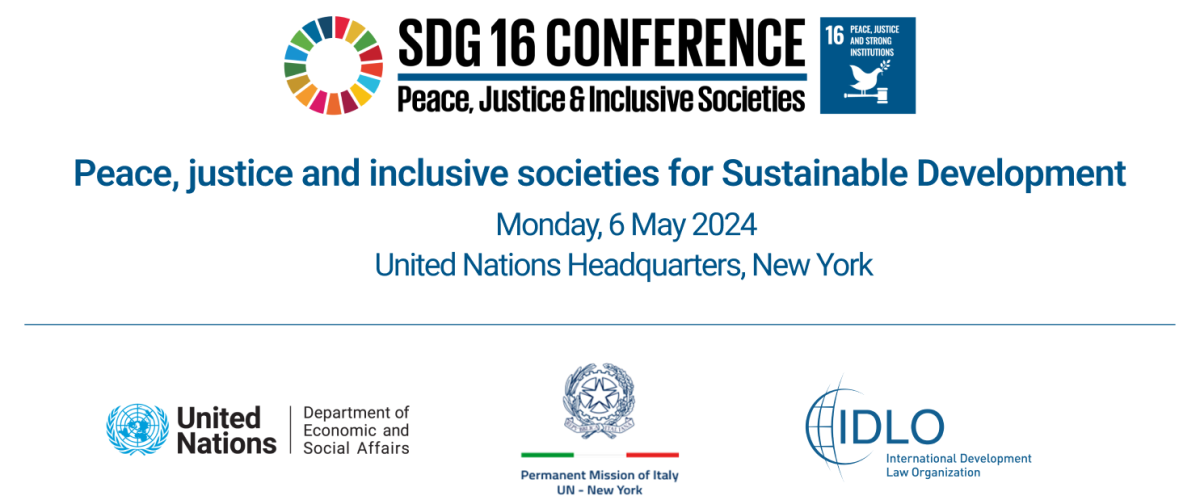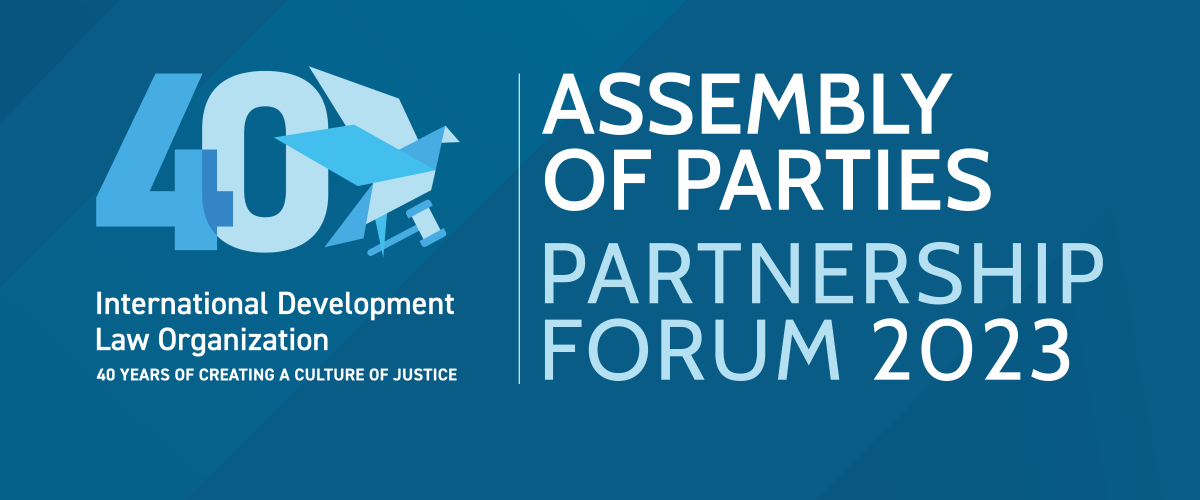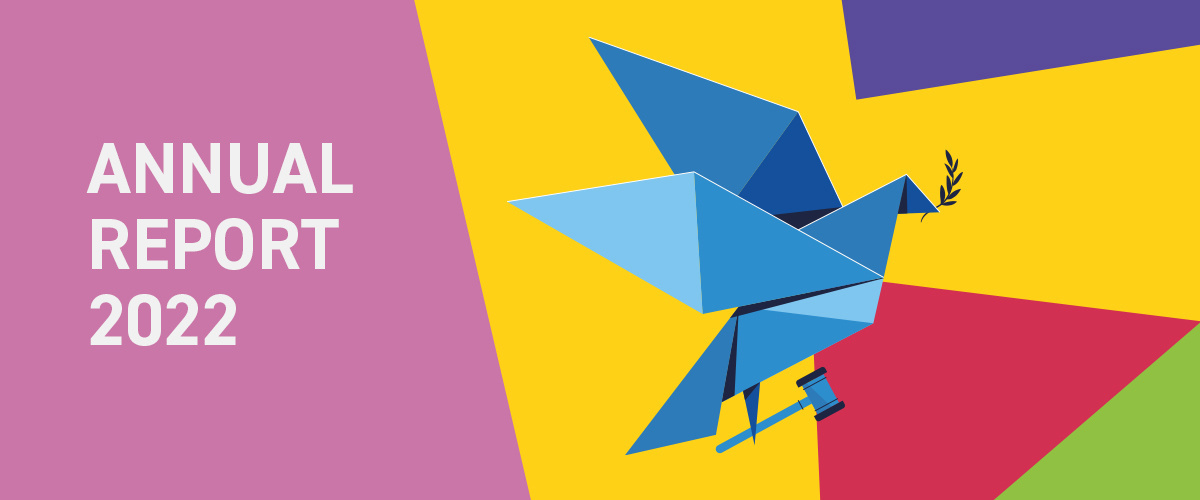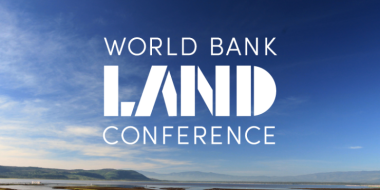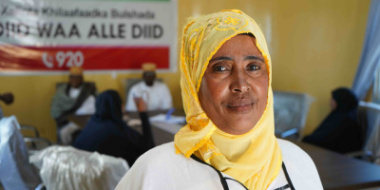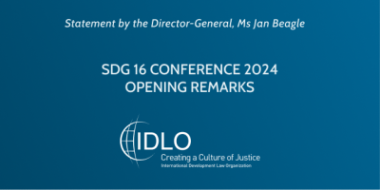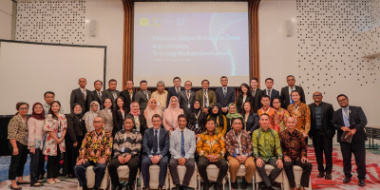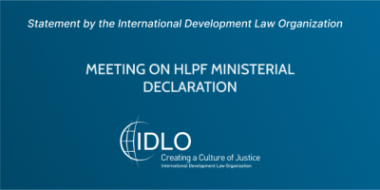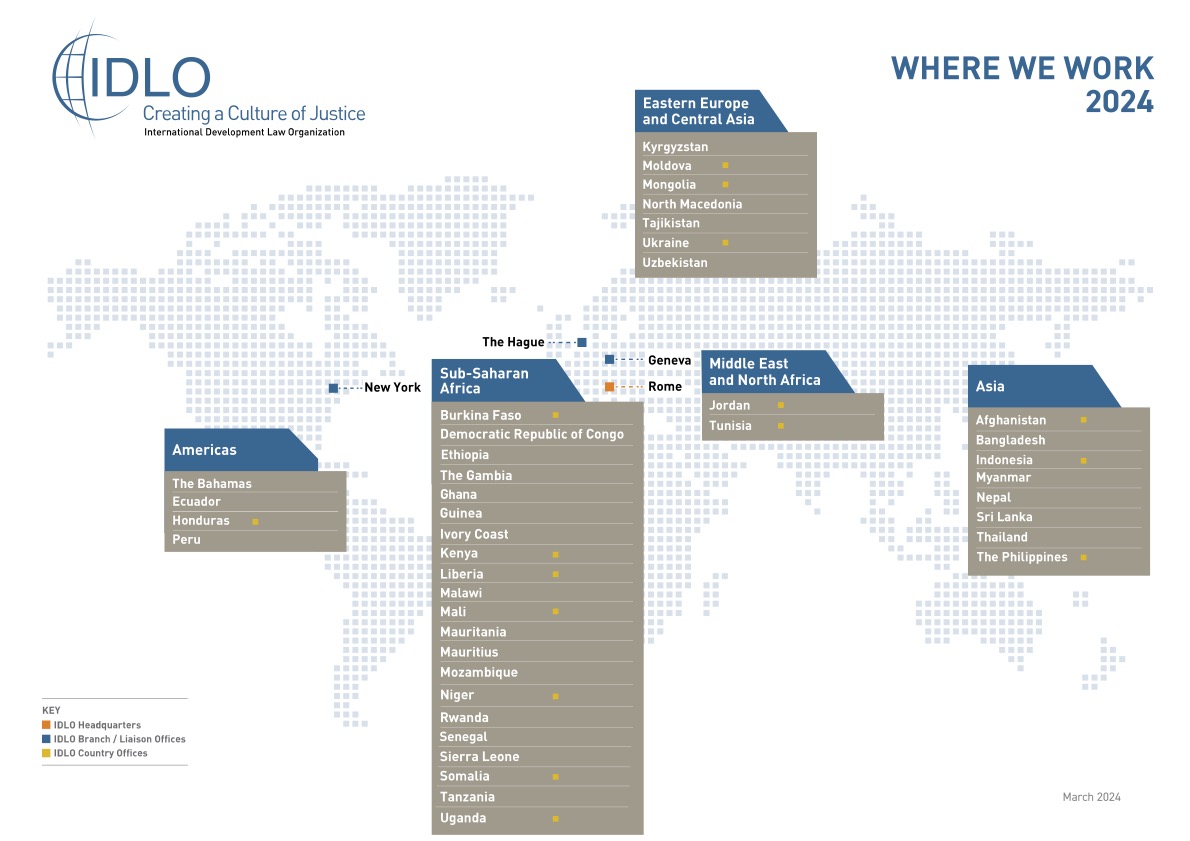Improving the quality of legal education through case-based teaching materials in Indonesia
In Indonesia, with its civil law system, many scholars believe that lecturers do not have any obligation to use case law or jurisprudence, including among judges. This causes stagnant development of the law both in practice and theory. Therefore, integrating case law into education will not only be beneficial to both student and lecturer, but also for the judges so they can employ better consideration when making their decisions or verdicts.

